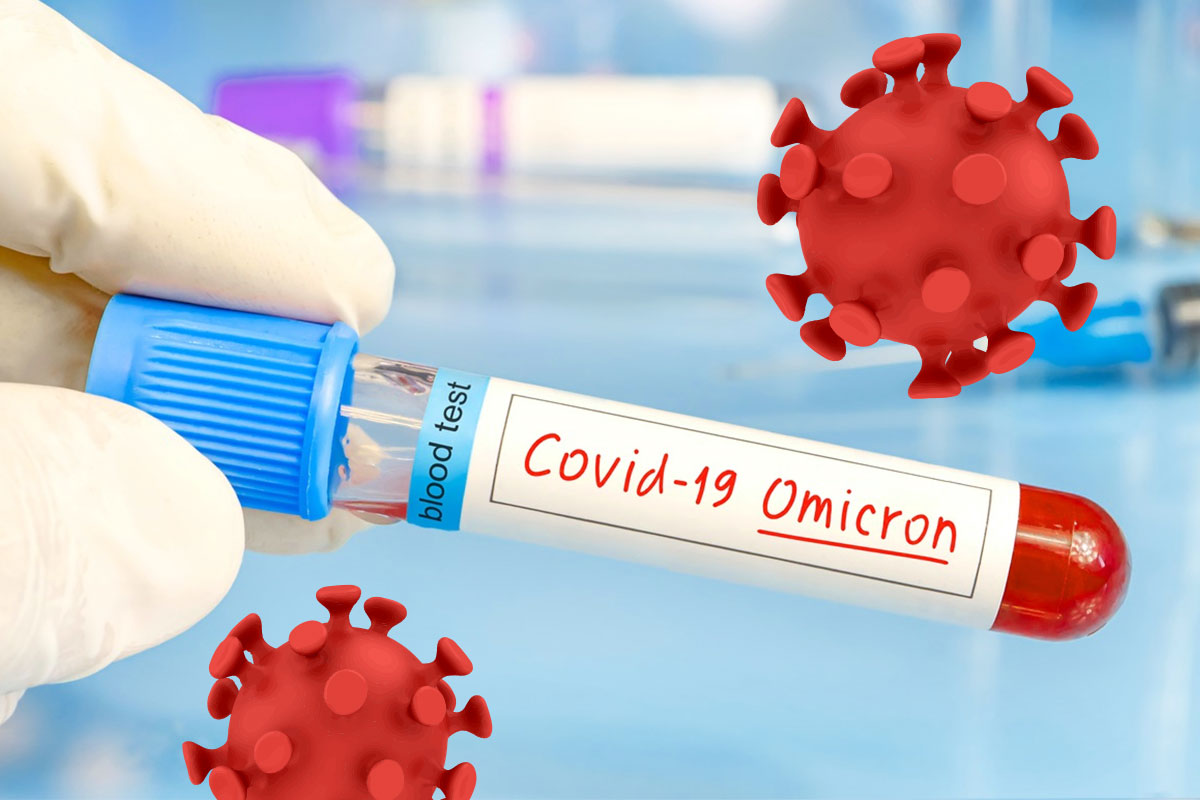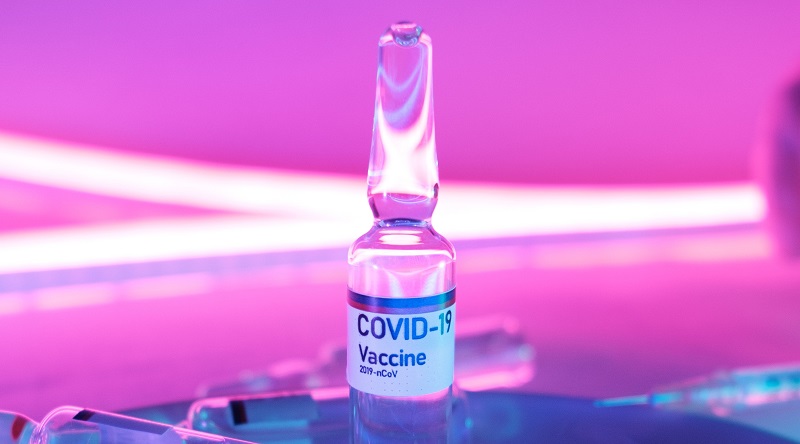Covid Variant OMICRON – How Serious is the Threat?
The profile of the mutations strongly suggests that this Covid variant is going to have an advantage in transmissibility. Omicron has become dominant very quickly in South Africa in the regions where it’s been found — within a matter of days to weeks, as opposed to months.

On November 26, 2021, the World Health Organization (WHO) classified a new variant, B.1.1.529, as a Variant of Concern and has named it Omicron. No cases of this variant have been identified in the U.S. to date. CDC is following the details of this Covid variant, first reported to the WHO by South Africa. We are grateful to the South African government and its scientists who have openly communicated with the global scientific community and continue to share information about this variant with the U.S. Department of Health and Human Services and CDC. We are working with other U.S. and global public health and industry partners to learn more about this variant, as we continue to monitor its path.
CDC official statement says “CDC is continuously monitoring variants and the U.S. variant surveillance system has reliably detected new variants in this country. We expect Omicron to be identified quickly if it emerges in the U.S.”
This announcement comes at the heels of the busiest travel season of the year.
In one of the previous articles, we shared the most significant Covid variants emerged earlier. The article reiterated that there would be mutations/variants as long as there are viruses.
The fundamentals of viruses and their prevention remain the same in almost all cases/breakouts.
- New variants of the virus are expected to occur. Taking measures to reduce the spread of infection, including getting a COVID-19 vaccine, is the best way to slow (not cease) the emergence of new variants.
- Vaccines (any FDA approved) reduce your risk of severe illness, complications, hospitalization, and death from COVID-19.
- All COVID-19 tests can detect known variants without pinpointing the variant. The new Omicron Covid variant can also be detected using same tests used to detect previously emerged variants.
General Classification of Covid Variants
- Variants Being Monitored (all variants are monitored but this class implies ones that are being monitored closely)
- Variants of High Consequence
- Variants of Concern
- Variants of Interest

These classifications are based on how easily the variant spreads, how severe the symptoms are, how the variant responds to treatments, or how well vaccines protect against the variant.
Some variants seem to spread more easily and quickly than other variants, which may lead to more cases of COVID-19.
Increase in the number of cases has a domino effect of strain on healthcare resources such as hospitalizations due to complications and severity of the disease process and potentially deaths.
Make the most out of your healthcare practice
Characters of Omicron Covid Variant
Since the start of Covid-19 pandemic, lots of variants have been observed. Some get the traction of press others do not.
Omicron variant has an unusually high number of mutations, with more than 30 mutations in the spike protein alone, South African genomic scientists said last week.
Spike proteins are the structures used by a virus to get into the cells it attacks.
10 or more of the mutations are on the receptor binding domain, which binds to the cells in your nasal pharynx and in your lung.
The profile of the mutations strongly suggests that this Covid variant is going to have an advantage in transmissibility. This has been previously mentioned by the author on a separate blog.
When experts looked at other variants, it usually took several months for those strains to be dominant — in other words, the most common strain of the virus spreading in an area.
Omicron has become dominant very quickly in South Africa in the regions where it’s been found — within a matter of days to weeks, as opposed to months.
Also Read: COVID-19 Reinfection Post Vaccination – Demystifying Rumors
The number of cases in South Africa is quite low, so dominance can be for other reasons as well — not just transmissibility. However, the speed with which it has taken off is unlike anything observed in the past.
It is not yet clear whether the Omicron variant is more contagious than the Delta variant. It certainly shows the signs of being able to spread quickly. What we do not know is whether it can compete with Delta in rapidity of spreading.
Time will tell the severity of illness resulting from the Omicron variant.
Case for vaccination and booster
The best prevention against infection is vaccination by FDA approved vaccinations. In the US vaccinations are cost free and widely available. For those who have been vaccinated and have high antibody titers, the chance of infection from this Covid variant is low (less than 2%) and the severity of infection is muted. Booster doses are recommended to attain higher antibody titers. This is especially important in people above 60 years of age.





